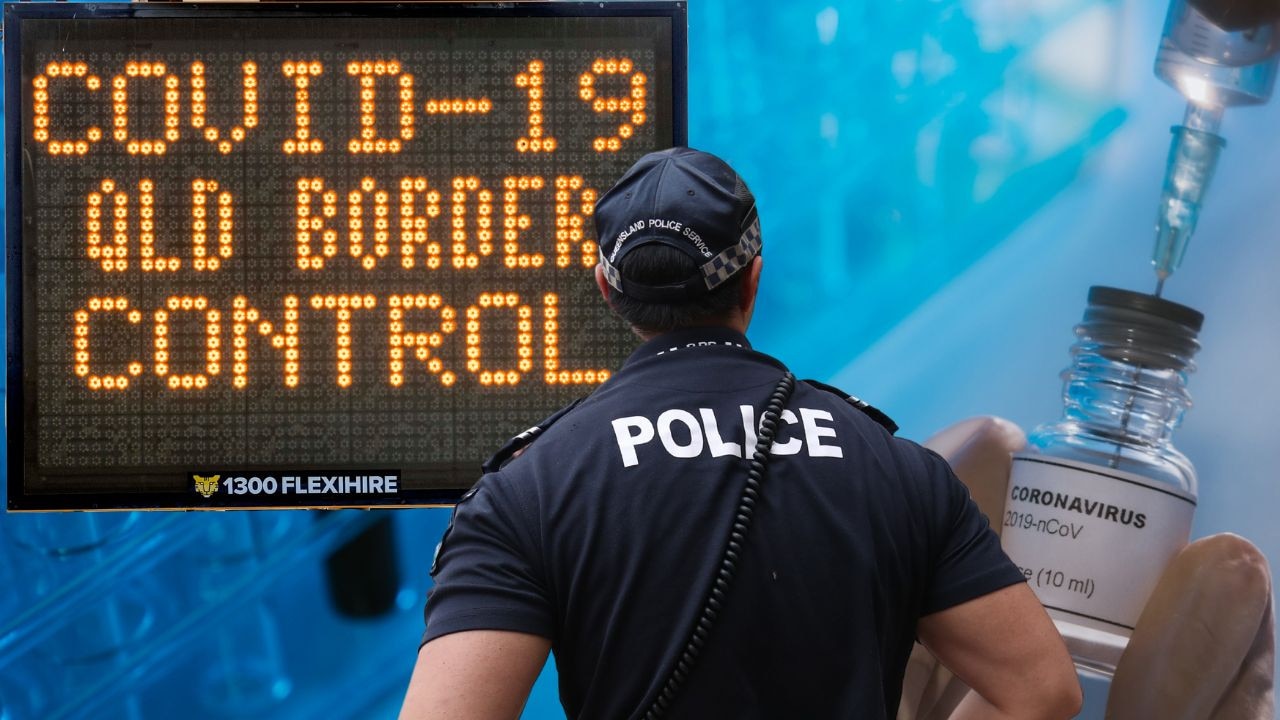Surf legend Layne Beachley shares her biggest regret
For surf legend Layne Beachley, becoming the best in the world became an unhealthy obsession as she wrestled with dark secrets from her past.
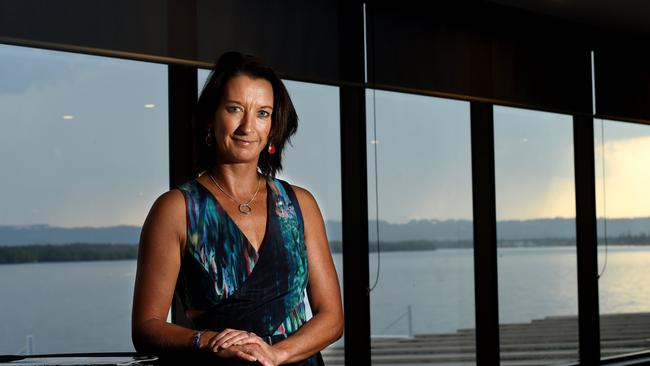
QLD News
Don't miss out on the headlines from QLD News. Followed categories will be added to My News.
It wasn’t until the age of about 32 (around the time I won my sixth world title) that I finally began to understand that the stories I’d been telling myself – about who I was (unlovable) and how people felt about me (bull-headed) were just that: stories.
Let’s go back to the beginning. At 17 years of age, my mother was a spritely, energetic young woman with big dreams and a wild heart.
An aspiring model with an incredible body who loved the camera, Mum excitedly accepted an invitation to go on a date with the owner of the local modelling agency. She wound up somewhere she didn’t want to be, fearing for her safety.
She was raped, and I was conceived.
My birth mother lived with the shame and disappointment of this encounter for the rest of her life. Fortunately, she chose to put me up for adoption at birth and I became the daughter of a beach-loving family and went on to become a world champion surfer.
My family loved me as their own, but I always felt unsure of my place in the world.
From birth, I was imprinted with a gut feeling of not belonging, though I didn’t yet know I was adopted.
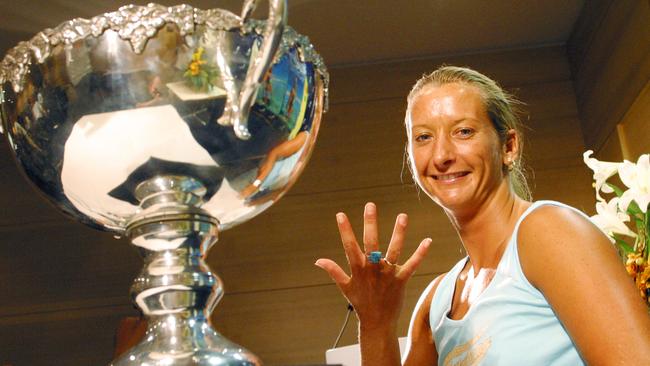
Then, when I was seven years old, Dad returned from the hospital.
His deep blue eyes were red and swollen and a profound sadness enveloped his whole being. “Your mother is gone,” he told my brother and me. “She’s never coming back.”
We were devastated. Mum had died unexpectedly from a cerebral haemorrhage during a cosmetic surgery procedure.
The following year, Dad told me that I was adopted. Already insecure, this shattered my sense of belonging and ignited a fear-powered flame within me.
Despite my dad’s loving and reassuring words of support, I felt abandoned, rejected, worthless and unloved. I became desperate to prove I was deserving of love.
As a girl growing up on the Northern Beaches of Sydney, the perfect way to do that was to become a champion surfer. A world champion surfer. To be worthy of love, I must become the best of the best.
Focusing on this goal helped me defer the pain I was feeling and allowed me to direct my attention towards something other than how I truly felt. My fear of rejection unconsciously fuelled my behaviours for many years, leading me to reject my friends, family and peers and to behave in ways that gave them a reason to reject me. This led me down many dark, lonely and depressing pathways.
For most of my early life this unconscious fear of rejection meant I kept myself emotionally distant.
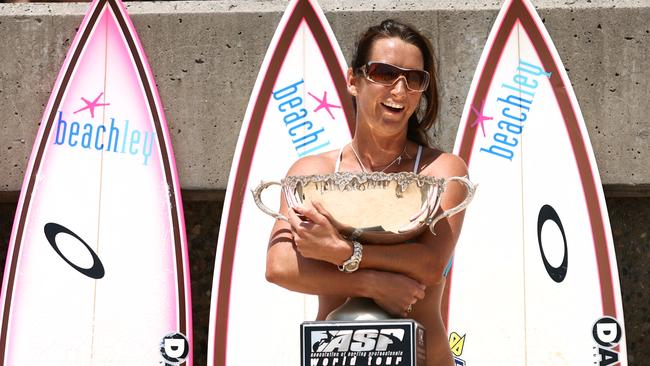
Despite craving a sense of belonging, I didn’t let people in. It took a long time for people to earn my trust and affection, even my immediate family and loved ones. After Mum passed away, a family friend named Joan looked after my brother and me while Dad was at work or travelling. Joan said it took 18 months of daily nurturing, love and support before I would hold her hand in public. Trust is earned.
Entering the male-dominated world of surfing as a teenage tomboy helped me feel safe.
Finally, I had found my tribe.
What I didn’t know then was that my sharp tongue and snappy insults actually prevented people from getting too close. I was pushing away the love and connection I so desperately sought in a fear-fuelled, self-fulfilling prophecy.
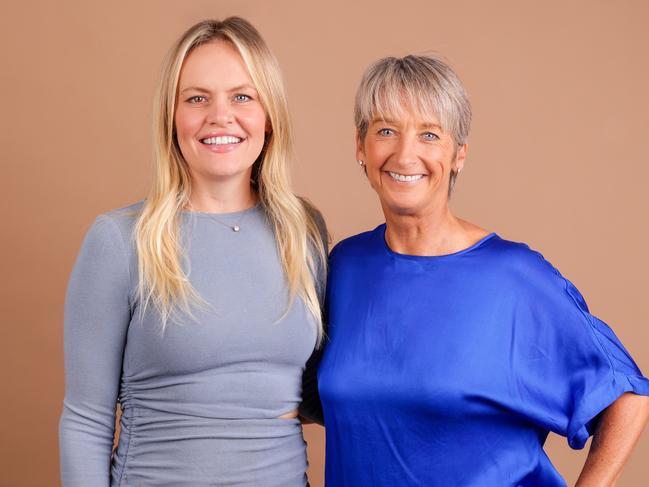
My identity and self-worth became completely wrapped up in my achievements. My commitment to be the best in the world became an obsession. Although my harsh physical training regimen initially made me physically and mentally strong, it became an unhealthy addiction.
I projected the unrealistic expectations I had for myself on to everyone within my orbit. I expected the people close to me to exhibit that same level of focus, intensity and dedication. Unable to separate “friend” from “competitor”, everything became a competition to me, in and out of the water.
Competition often brings out the worst in people, especially if they are driven by fear, like I was. I didn’t trust my competitors, and found plenty of evidence to support this belief.
Backstabbing, bitching and bullshit gave me all the justification I needed to keep my friends and competitors at a safe distance. It became very clear to me that I didn’t belong there. The consequences were devastating.
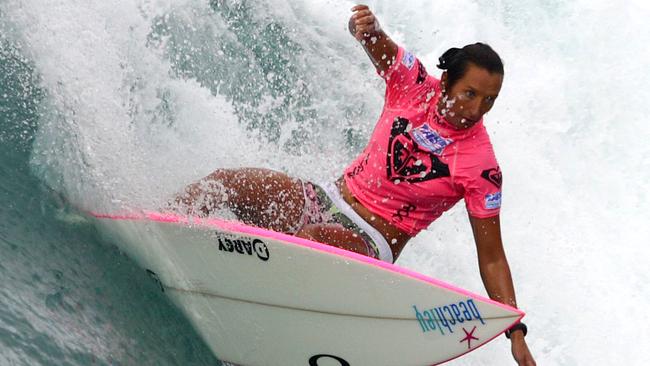
I was filling my life with expectation, exhaustion and emptiness, and my cup never seemed to get full.
As it turned out, my vision to become a six-time consecutive world champion wasn’t the golden egg I was striving for. Deep down, what I was really chasing was to feel worthy of the love I craved. This aching need drove me to become one of the most successful surfers in history, but at a significant cost.
I had difficulty attaining and retaining sponsors and friends, endured heartbreak and failed relationships and loads of injuries. My body broke down, resulting in two bouts of chronic fatigue syndrome and depression. And most of this occurred before I won my first world title!
We can’t give what we don’t have. During this period, I was devoid of empathy, compassion and self-love, which made it impossible for me to extend those things to anyone in my life. I was ignoring too many things in the pursuit of success.
Now I know why people say it’s lonely at the top. In choosing to isolate, I felt siloed, misunderstood and disrespected. For 15 years, I sat on surfing’s governing board of directors fighting for more equality for female surfers, yet my peers accused me of being self-serving. I promoted women’s surfing all over the world, yet was accused of being self-promoting.
It’s challenging to reflect on these times and notfeel a pang of hurt or regret. It was never my intention to hurt anyone, but I can see now how my fear of rejection led me to push people away. I wasn’t let down by friends, family and people I loved because I was “at the top”.
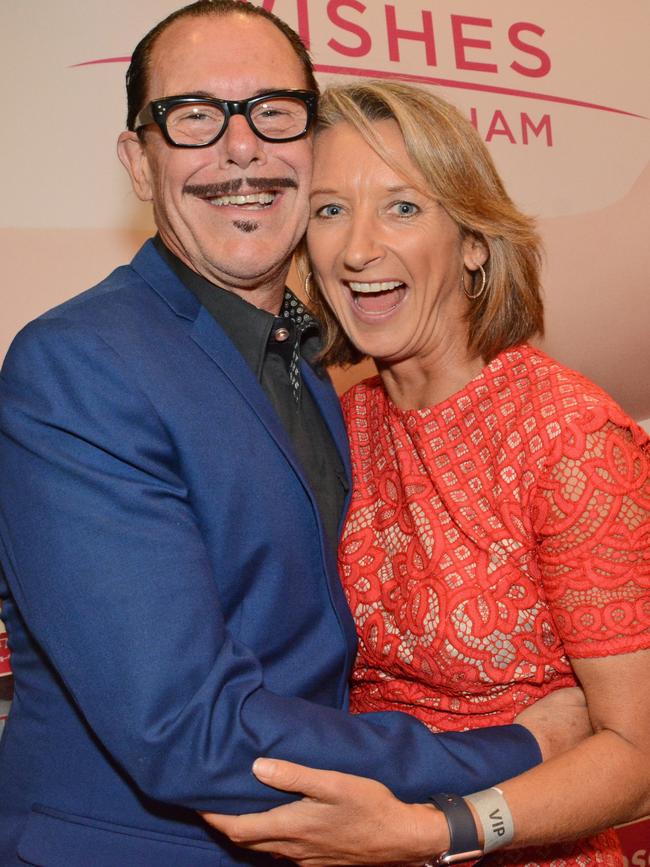
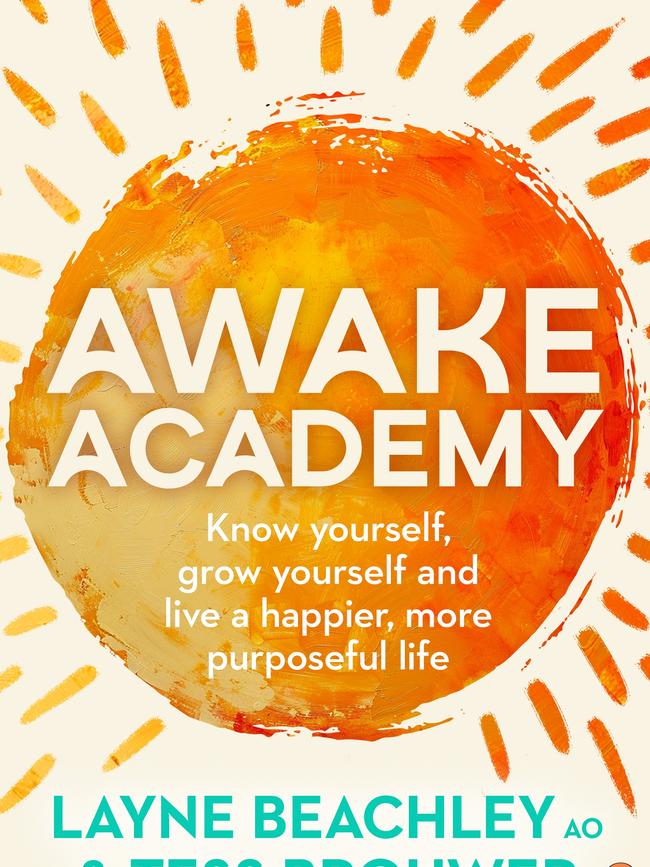
It was because I built walls around me. I was so afraid of being mistreated and abandoned, I got in before they could.
If I didn’t let them in, they couldn’t hurt me. Now I know that the person doing the abandoning was me. The person I rejected most was myself.
My 19-year professional surfing career was an emotional roller-coaster filled with injury, failure, success, depression, happiness and pure joy. Learning how to lose taught me how to win.
From over 400 competitions, I had 29 tour victories and won seven world titles: six consecutively, five in a state of fear, two in a state of love. For the majority of the time, every performance, every result, every failure and achievement determined my self-worth.
To this day, I keep being challenged, I keep learning and I keep finding ways to have fun. You can’t control the waves, but you can learn how to surf. ■
Originally published as Surf legend Layne Beachley shares her biggest regret

